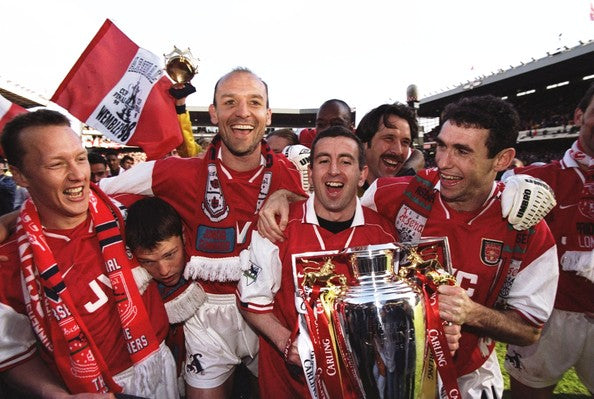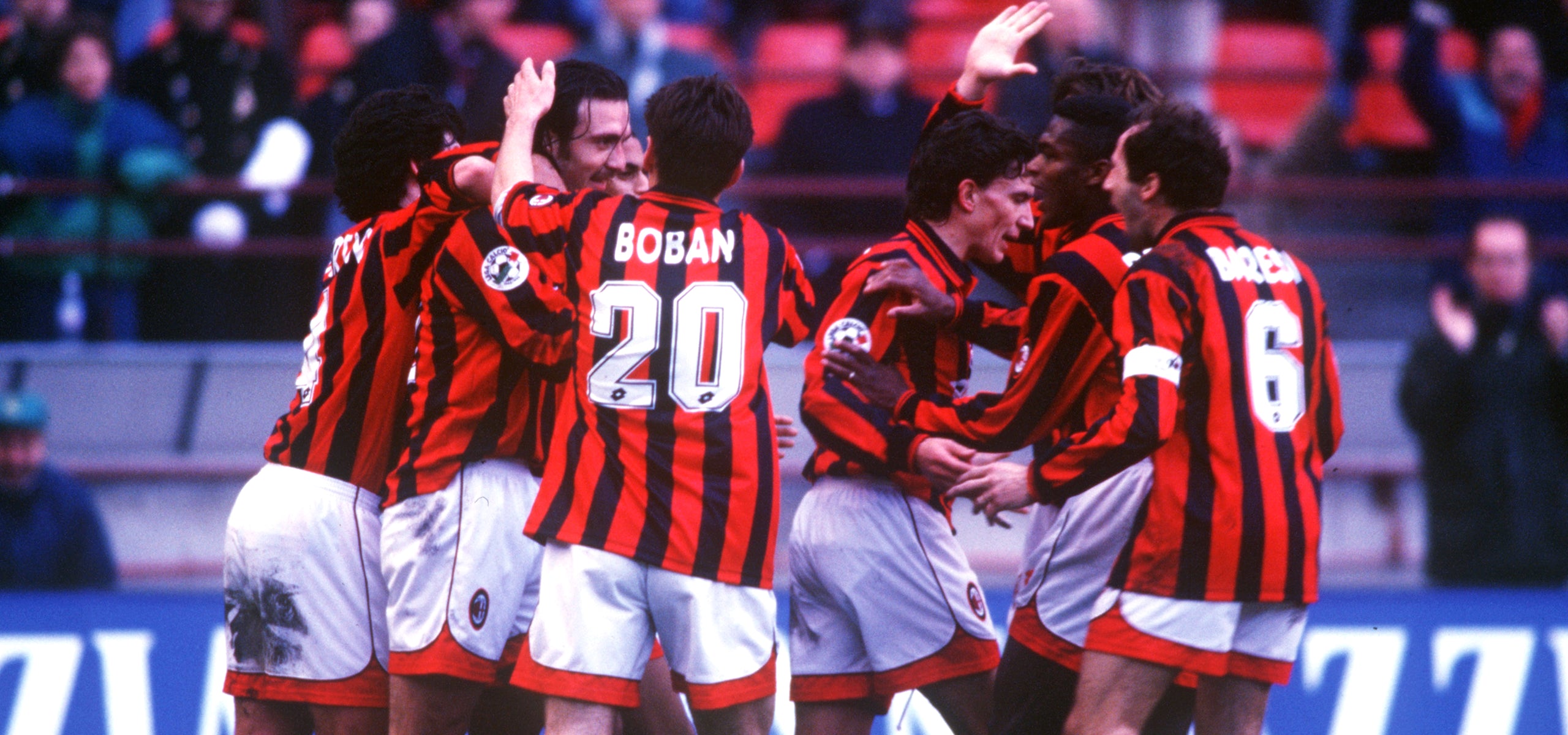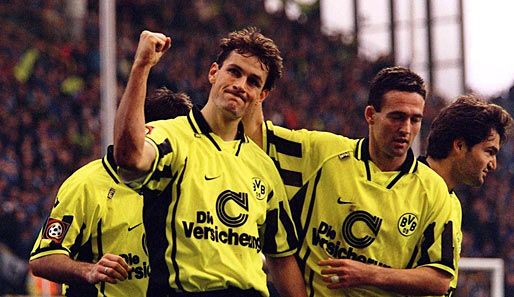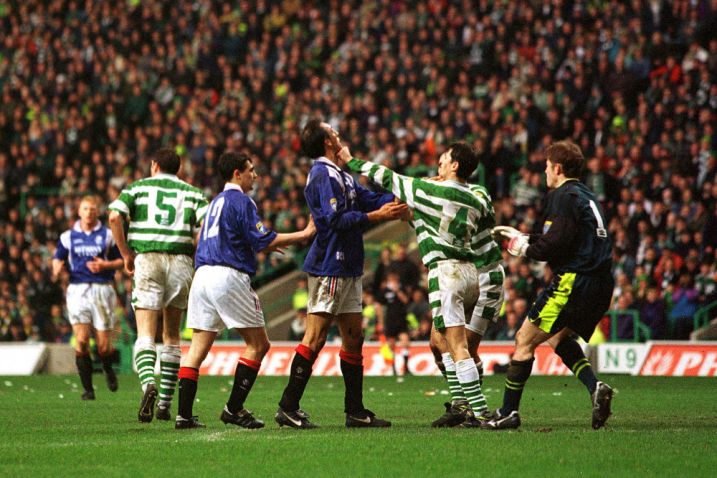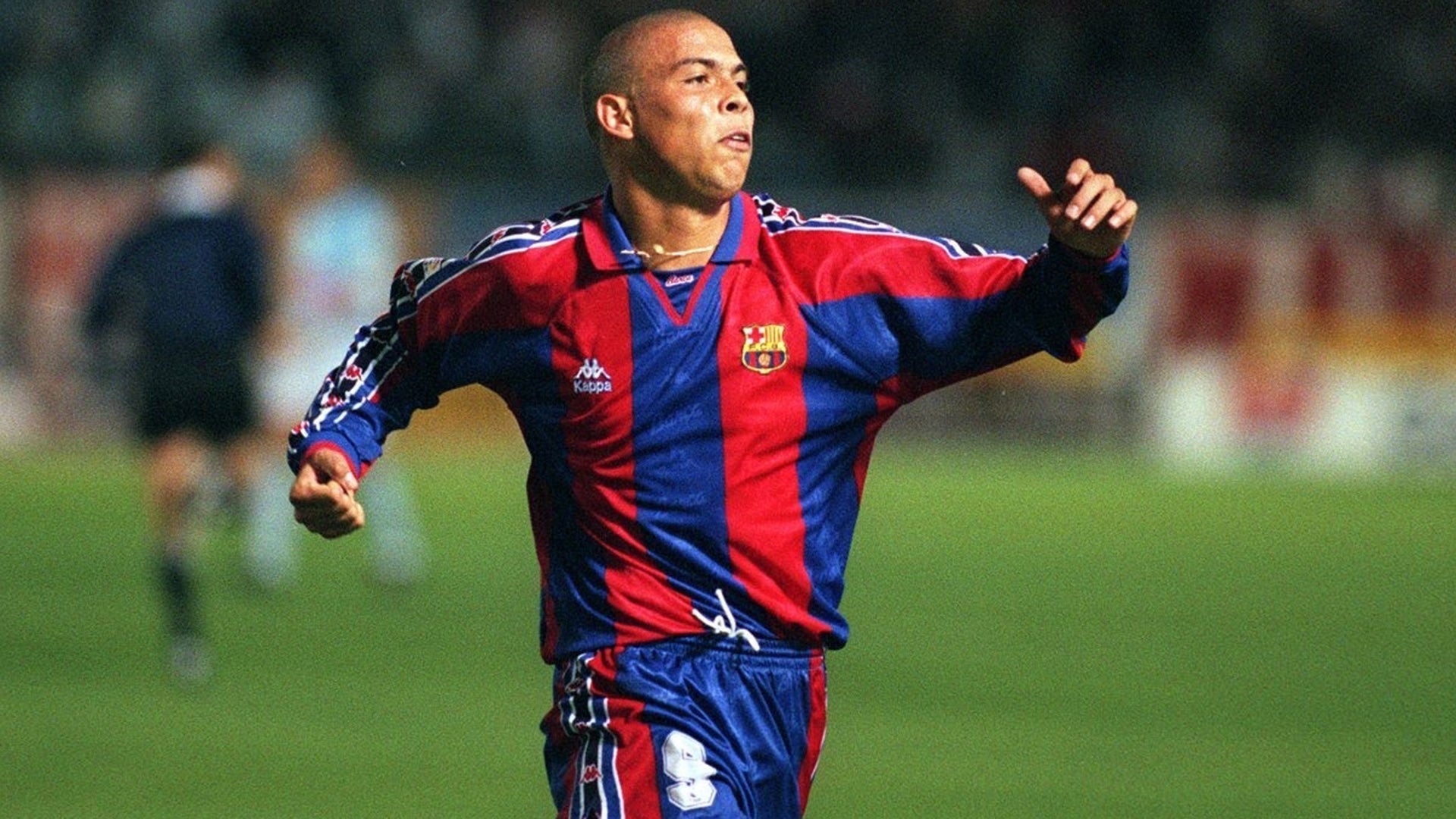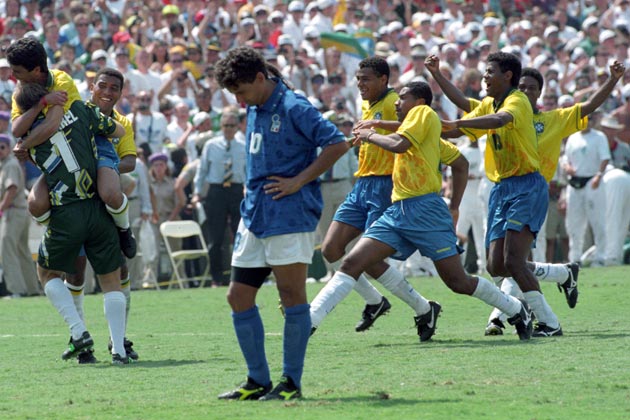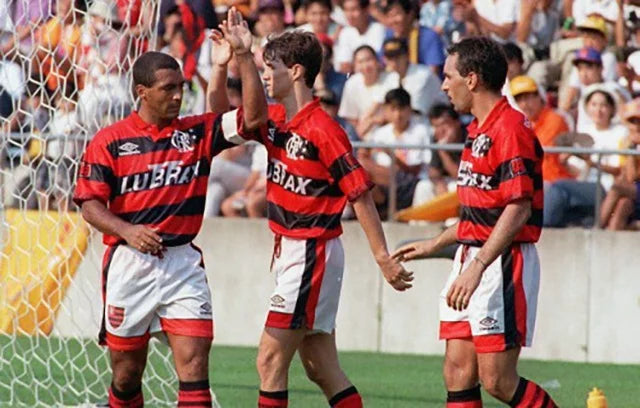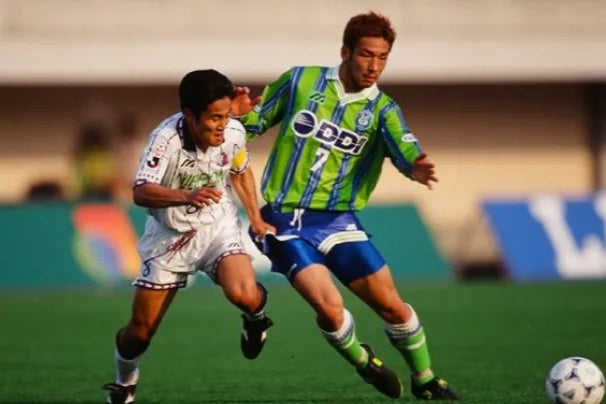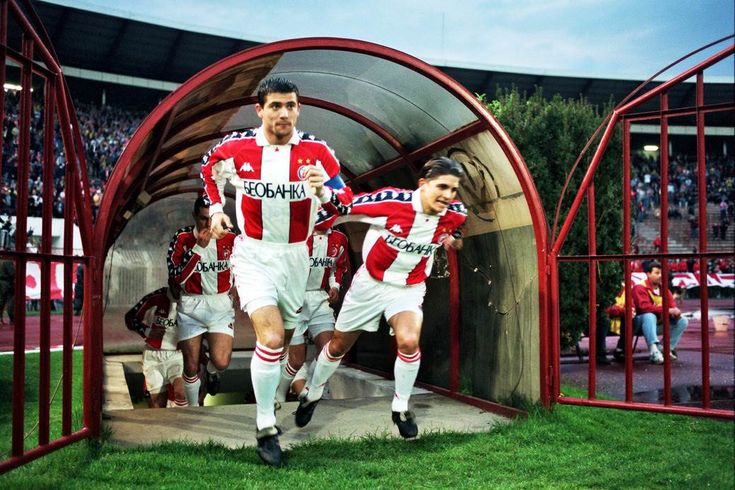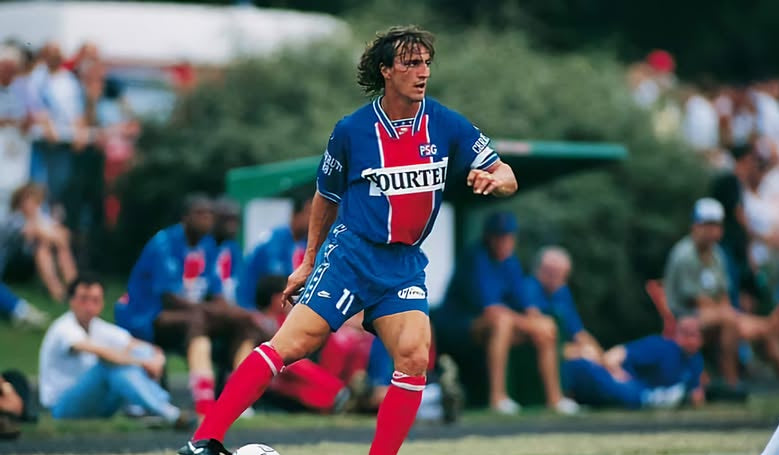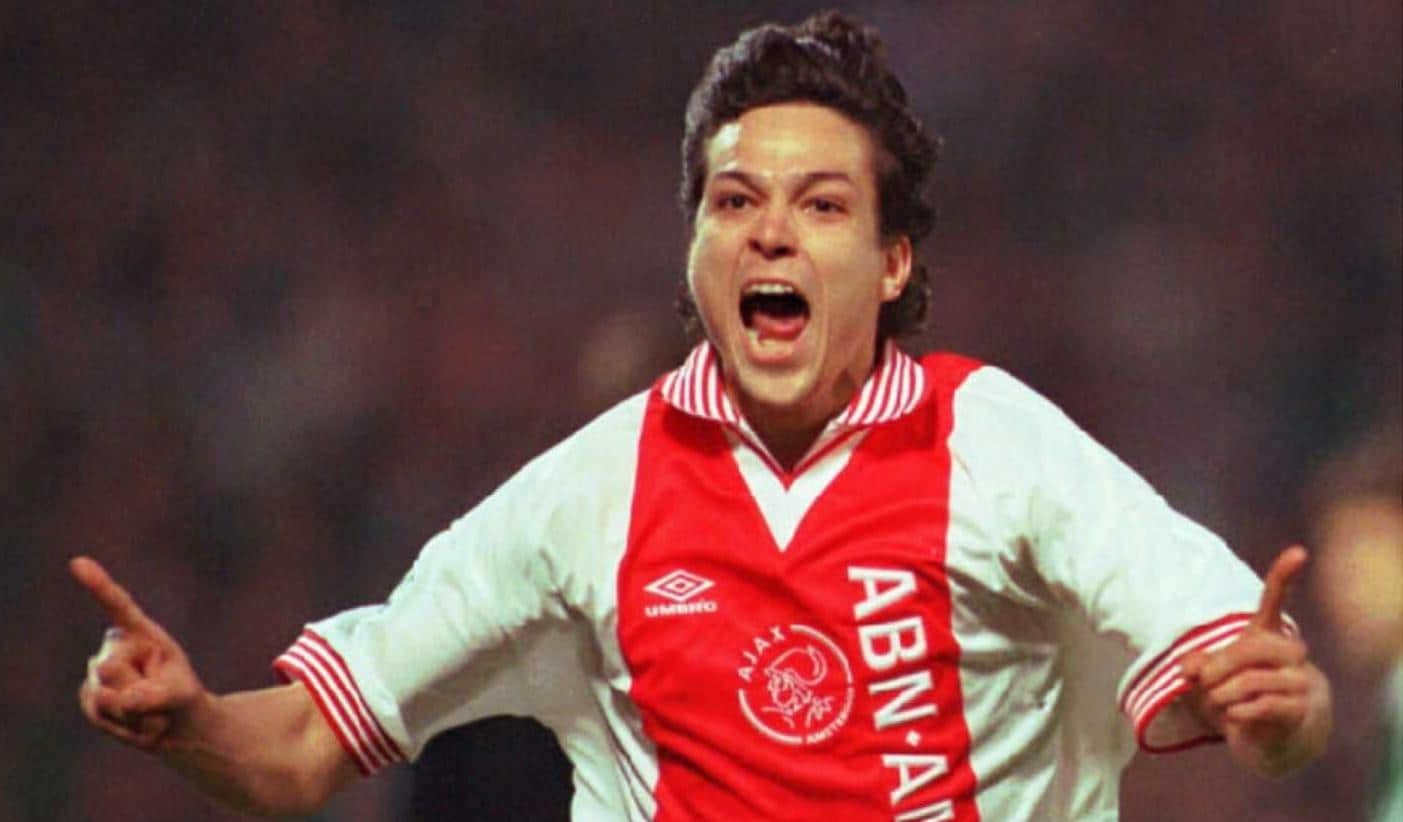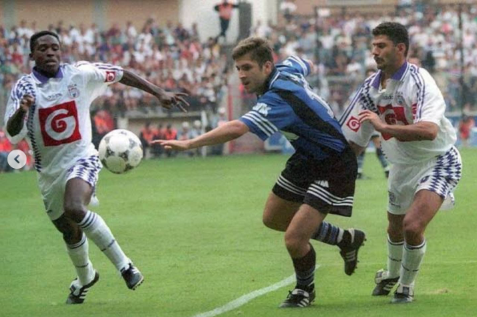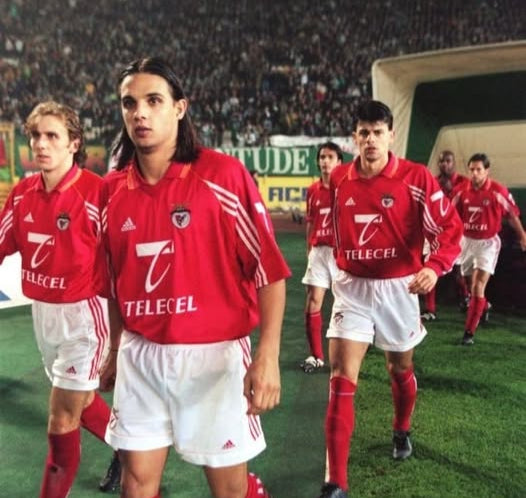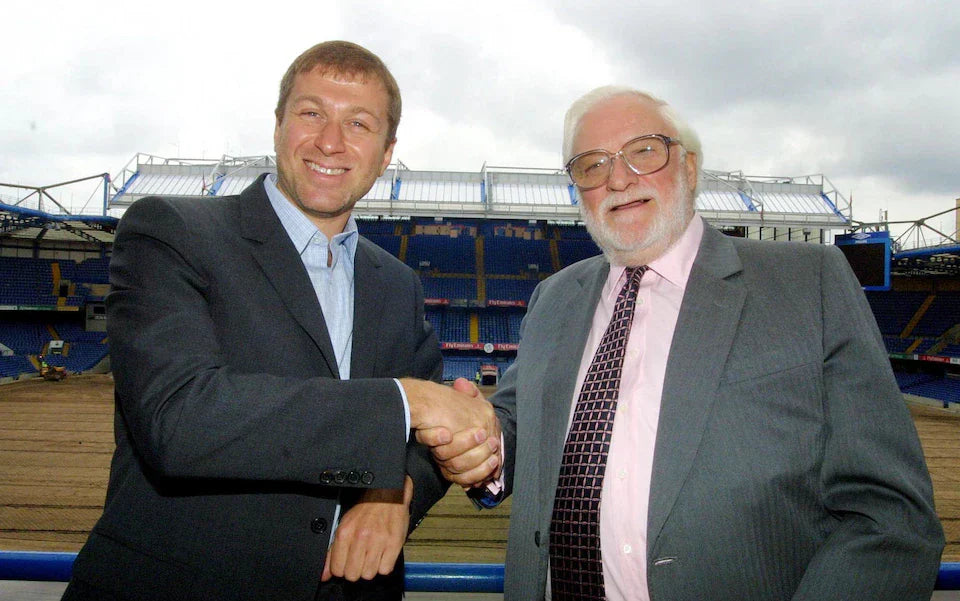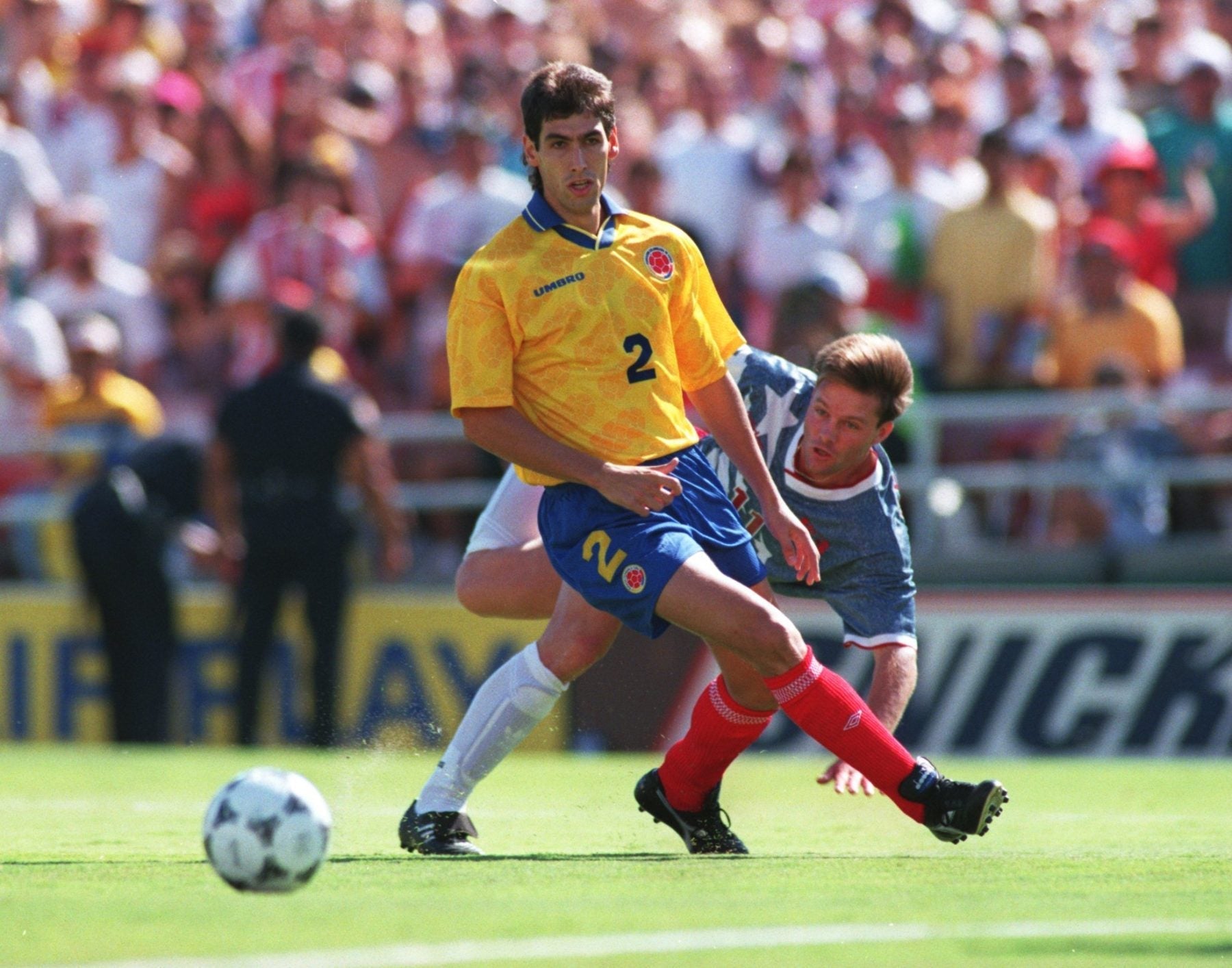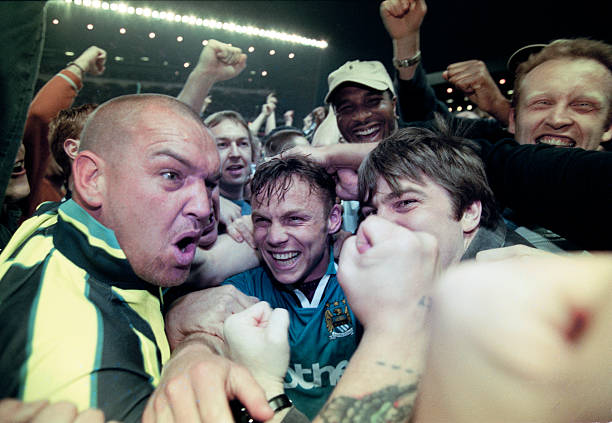
What if... Paul Dickov hadn’t equalised against Gillingham in 1999?
Football’s sliding doors moments rarely come more loaded than a scrappy ball bundled into the net on a spring afternoon at Wembley. The date was 30 May 1999, the match a Division Two play-off final: Manchester City versus Gillingham. For most of the world, it was a game consigned to the back pages. For City, it was the cliff edge between rebirth and oblivion.

With five minutes left, Gillingham led 2-0. Tony Pulis’s side were on the verge of dragging City into a third straight season in English football’s third tier, while the Maine Road faithful braced for a summer of soul-searching. Then, somehow, Kevin Horlock stabbed one in, and in injury time, Paul Dickov hammered home a half-volley that changed the course of football history. City would go on to win on penalties. Within a decade, they would be bought by Sheikh Mansour. Within two, they would dominate English football.
But what if Dickov’s strike had never hit the back of the net? What if Manchester City had never equalised?
Relegation battles were already defining the club’s modern identity. In the 80s and 90s, City were a soap opera of boardroom chaos and managerial churn. Staying down in Division Two could have cemented them not as a sleeping giant but as a slumbering relic, defined by dilapidated Maine Road and memories of Bell, Lee and Summerbee.

A second year in the third tier would have drained finances further. Crowds of 30,000 were remarkable for the level, but would that loyalty have lasted through another bleak winter? A half-empty stadium, reduced commercial revenues, and the likelihood of selling off their best young assets would have created a spiral that even promotion later might not have fully reversed.
And crucially, timing. By the mid-2000s, City were back in the Premier League just as global football finance shifted. Sheikh Mansour chose City in 2008 not simply because they were in Manchester, but because they were in the Premier League, with the infrastructure and potential to grow. Had they been a Championship mid-table side at the time, would he have bothered? Abu Dhabi wealth might have landed elsewhere - Newcastle, Everton, even Tottenham could have been targets.
In that world, Manchester City may have become a Midlands-style yo-yo club, bouncing between divisions, haunted by near-misses and faded grandeur. The Abu Dhabi revolution would never have touched East Manchester. No Etihad Campus, no Guardiola, no 115 charges. Just another club glancing at old photos of Colin Bell, wondering what might have been.
And Gillingham? Their fate might have been different too. Promotion to the second tier in 1999 would have marked their highest ever achievement, a chance to establish themselves as a fixture in the Championship. Instead, they had to wait a year, and their spell at that level proved short-lived. Perhaps the Kent club might have had a longer golden age had history not bent towards Manchester that day.

City fans still sing about Dickov’s goal. It wasn’t just a moment of defiance - it was the butterfly effect that led to Aguero, to Treble parades, to oil-fuelled dominance. Without it, English football’s balance of power looks very different.
Sometimes football really does turn on the bounce of a ball.

